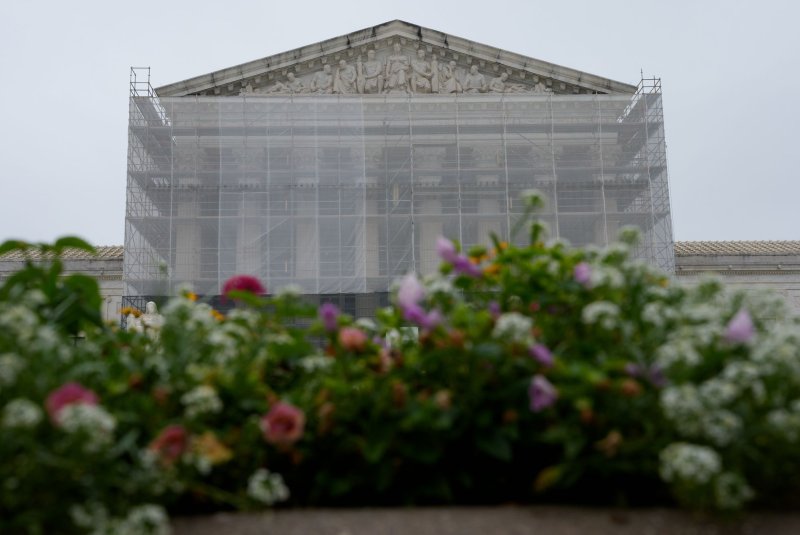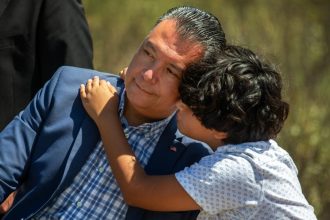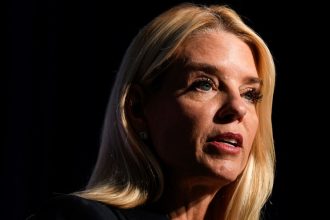Oct. 6 (UPI) — The U.S. Supreme Court is expected to address a number of cases concerning executive power — specifically on elections, tariffs and President Donald Trump’s ability to fire the employees of independent agencies — as begins a new term Monday in Washington, D.C.
The decisions the high court makes in the coming months are expected to say just how aggressively Trump can wield his presidential power without interference from lower-court judges. With a conservative 6-3 majority, three of whom were handpicked by the president, the Supreme Court’s next rulings could majorly affect the president’s current policy efforts.
Among this term’s cases:
— The Supreme Court will consider whether Trump has the ability to fire the employees of certain independent government agencies. This case stems from Trump’s firing of Federal Trade Commissioner Rebecca Slaughter in September.
This will essentially revisit the 1935 Supreme Court decision in Humphrey’s Executor vs. United States, which upheld the FTC’s protections from removal under President Franklin Roosevelt as constitutional.
President Donald Trump arrives at Naval Station Norfolk in Virginia on Sunday. Photo by Bonnie Cash/UPI
— The high court will also decide whether Trump exceeded his authority by imposing sweeping tariffs without congressional approval.
James Sample, a Hofstra Law professor and ABC News contributor, described the case as “staggeringly important.”

Demonstrators gather outside the U.S. Supreme Court on May 15 as the court hears arguments over Trump’s move to end birthright citizenship. File Photo by Bonnie Cash/UPI
“If you think of a tariff as a tax, this is one of the biggest tax hikes in American history, and it didn’t go through Congress at all.
— Birthright citizenship is also on the docket this term. Two days into his second term, Trump signed an executive order ending birthright citizenship for anyone who doesn’t have at least one parent who is a U.S. citizen. Lower courts have so far blocked this order.
— In Louisiana vs. Callais, the high court will decide whether the state legislature’s efforts to redistrict violate the Equal Protection Clause of the 14th Amendment of the U.S. Constitution.
— The Supreme Court will also hear a legal challenge to Colorado’s ban on conversion therapy for LGBTQIA+ youths. A Christian therapist has argued that the ban is a restriction on her First Amendment rights, while opponents say the law is simply a restriction on treatment.
According to NPR News, the Supreme Court has set a record by granting 20 of Trump’s requests to block lower court orders that went against him. The court ruled against him three times in the same eight-month span.









